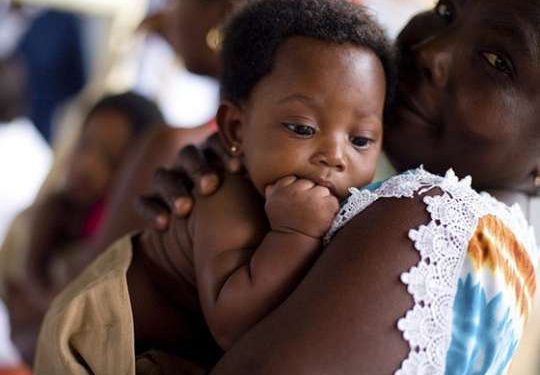As the Covid 19 pandemic rages on stagnating social activities including access to health, the Central Region stands a high risk of maternal mortality and morbidity. This is according to Dr. Abigail Boateng a gynecologist at the Cape Coast Teaching Hospital
According to the Central Regional Health Sector Annual Performance, the Central Region in 2018 recorded impressive rate for maternal mortality.
Family planning acceptor rate increased from 30.5 per cent in 2017 to 32.6 per cent in 2018, while the proportion of deliveries attended by trained health workers rose from 61.7 per cent in 2017 to 65.1 per cent in 2018.
Similarly, the proportion of mothers who made at least four antenatal visits jumped from 69.1 per cent in the year 2017 to 76.9 per cent in 2018.
However, Dr. Boateng dreads same may not be the case for this year due to the impact of the Covid-19 and the response on pregnant women in accessing health care.
Speaking in an interview on ATL FM’s Atlantic Wave on Obstetric Fistula, she mentioned pregnant women were not going to hospitals for medical attention due to fear of being infected with the coronavirus.
Obstetric Fistula is a connection between the reproductive tract and the urinary tract caused by pregnancy or delivery. Out of every thousand delivery, about one to four of the women are at risk of suffering from the condition.
Despite obstructed labour being the major underlying risk factor, there are other pertinent conditions such as poverty, poor-health seeking behaviors, scarcity of skilled birth attendants, and inadequate obstetric care services.
Dr. Boateng noted that although the heath facilities have put the necessary precautionary measures in place to ensure the safety of their patients, their efforts are not yielding much as the situation seems unchanged particularly in rural areas.
“Pregnant women are dying indirectly because of COVID. Because of COVID, pregnant women are not coming to the hospital. Because of Covid, people are not taking their medication, people who have hypertensive heart disorders in pregnancy are at home. Pregnant women are coming to the hospital in state that we cannot really help”, she lamented
She added aside these women not accessing health care, blood donation has also been affected because blood donors are equally desisting from visiting the hospitals.
“Donors are not coming to donate blood. People are bleeding to death because there is no blood. There is no blood because the donors who think about us and come and donate are not coming”, she said.
As a way of averting this situation, Dr. Boateng has advised that pregnant women due for delivery attend the hospitals with prospective donors who could help in case of any emergency during delivery.
“We beg pregnant women to come with people who will donate blood for them so that in case something goes wrong and you need blood we can give you the blood. Don’t let COVID give us morbidity or mortality indirectly”, she advised.
She said the hospital has also initiated free phone consultation to prevent patients from frequently visiting the health facilities. “Pregnant women can come to the hospital very early so that we see them quite early and then leave so that the contact in the hospital doesn’t become much”, she added.
Source: Victoria Adonu/ ATL FM NEWS


























